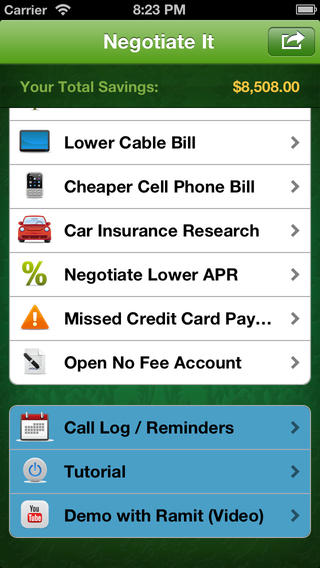Consider the following tricks of the trade that I have learned about this important skill from my own ‘think on your feet experience’:
1. Public speaking is not for everyone, so don't quit your day job. Your main task is to deliver manual speeches. You should attempt impromptu speaking only after you have completed a number of manual speeches and are already comfortable as a speaker. By this time, you should know your natural style and the skills needed for successful impromptu speaking.
2. Know your natural style. Impromptu speaking is much easier if you know your own natural speaking style. I discovered my natural style on my fourth or fifth manual speech. What is your natural style?
3. Use positive self-talk. My early impromptu speeches were hobbled by negative self-talk. My inner voice kept telling me that I was inadequately prepared and was destined to falter. I turned around this self-talk by realizing through evaluations that I was speaking to friends who enjoyed my personal stories. I found myself connecting with my audience, as if I were talking with each one of them personally.
4. Make a point. Even when you give an impromptu speech, you need structure. The classic "opening, body, and conclusion" falls in place if everything you say relates to a point that you reveal at the end.
5. Avoid using notes. An impromptu speech is like a flash flood - it goes where it wants to. Trying to force your speech back to your notes is at best awkward and at worst will throw you completely off track. Abandon your notes, and let the rest of your speech flow from your heart. If you must use notes, they should contain only the point you wish to make, plus a couple of words to trigger any stories you wish to tell.
6. Deliver it as if you've practiced it many times. Don't reveal beforehand that your speech is impromptu. This will undermine your audience's reception of your speech before you even begin. Approach the audience with confidence, as if you've practiced many times before. Deliver it with vigor and confidence, allowing your ideas to flow as if you were talking to friends. Present your conclusion as if you're revealing something very important.
Evaluation Criteria
Content justifies the act of speaking. The speaker has a responsibility to say something meaningful and original to the audience. The listeners should feel the speaker has made a contribution to their thinking. The ideas should be important ones, although this does not preclude a humorous presentation of them.
Delivery presentation of a speech carries part of the responsibility for effective communication. The speaker's appearance should reinforce the speech, whether profound, sad, humorous, or instructional. Body language should support points through gestures, expressions, and body language.
Overall Effectiveness is measured in part by the audience's reception of the speech, but a large part is your subjective judgment of how the speech came across. You should ask yourself such questions as "Was I able to determine the speaker's purpose?" "Did the speech relate directly to that purpose?" "Was the audience's interest held by the speaker?" "Was this subject appropriate for this particular audience?"
Benefits of Professional Public Speaking
• As your improved communication skills become obvious within the workplace, increased visibility, recognition and promotion will follow.
• Your improved presentation skills will win you the respect and admiration of your colleagues and employees - and make them wonder what you did to change!
• Leadership skills acquired through professional communication will increase your management potential.
• You will acquire an increased ability to motivate and persuade, making you more effective as a supervisor or manager.
Final Thoughts
Leadership cannot be learned in a day! It takes practice.
Company success also depends on communication. Employees face an endless exchange of ideas, messages, and information as they deal with one another and with customers day after day. How well they communicate can determine whether a company quickly grows into an industry leader or joins thousands of other businesses mired in mediocrity.
If you have the opportunity, join Toastmasters. Clubs meet in the morning, at noon, and in the evening in approximately 70 countries worldwide
--------Notes from the Desk of the Mo’blogging CPA






